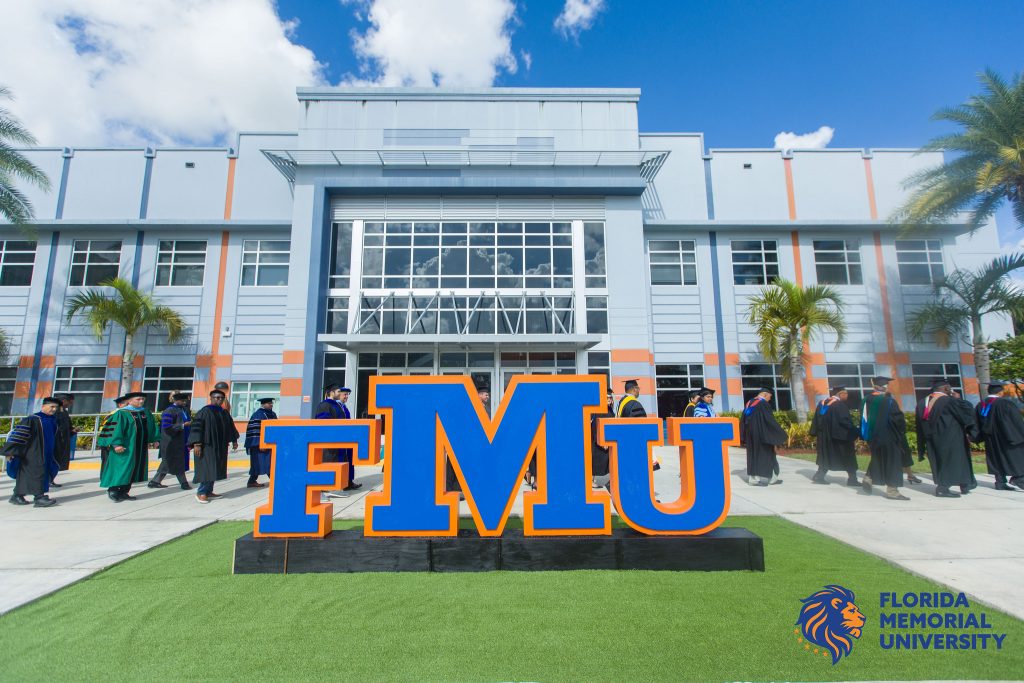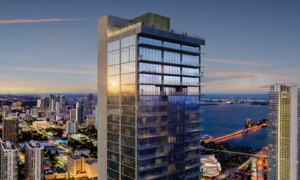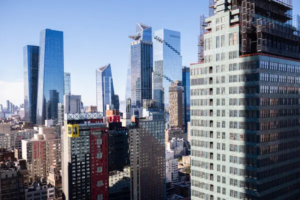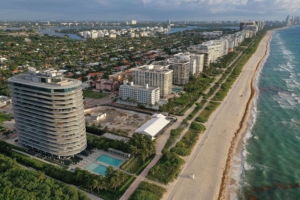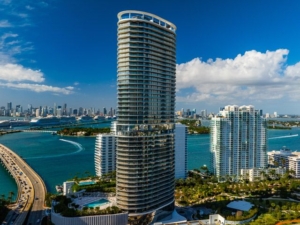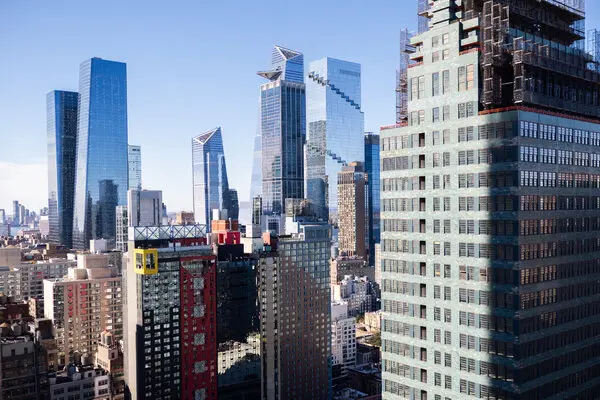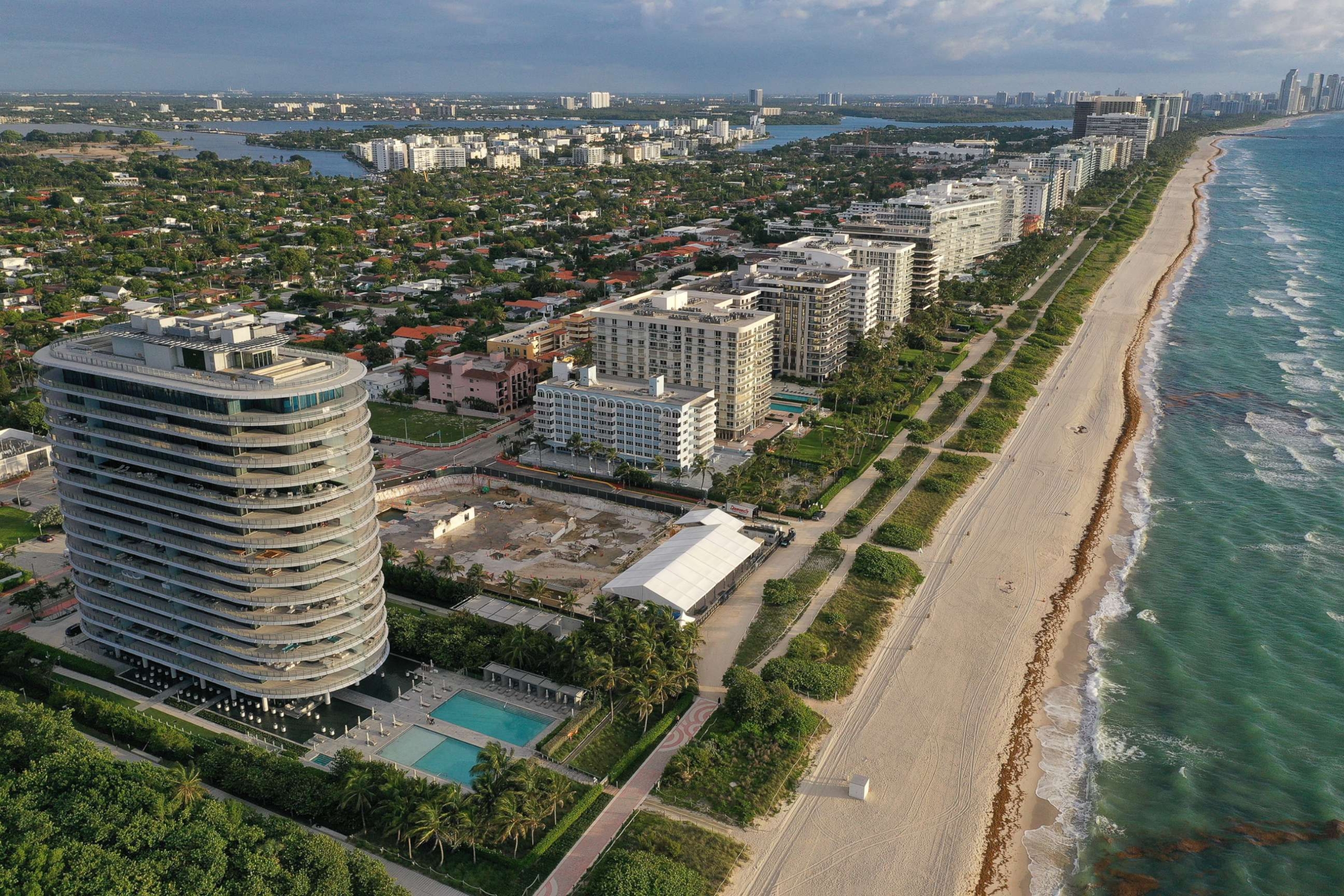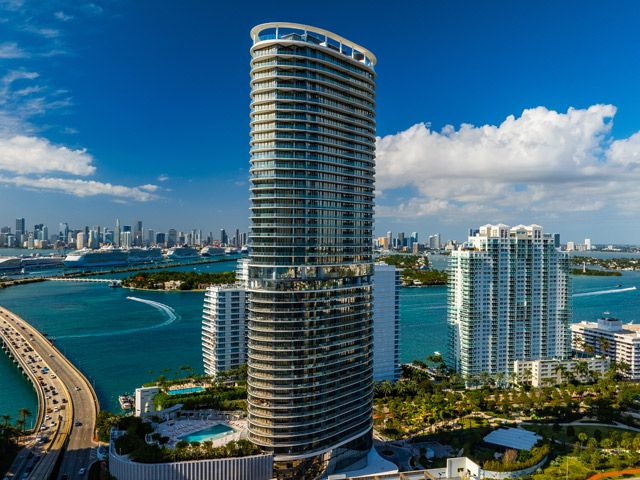Florida Memorial University Unveils Ambitious $1 Billion Campus Transformation with Redwood Development
Historic HBCU Embarks on Transformative $1 Billion Campus Redevelopment
Florida Memorial University (FMU), one of Florida's prestigious historically Black universities, has initiated an ambitious campus-wide transformation valued at over $1 billion in partnership with Miami-based Redwood Dev Co. This landmark redevelopment project aims to revitalize the 52.6-acre Miami Gardens campus while addressing critical housing needs in South Florida's increasingly unaffordable market.
The university's Interim President William McCormick, alongside Redwood Dev Co Principal David Burstyn, revealed exclusively that the initial phase of this comprehensive redevelopment will exceed $500 million. This first phase focuses on creating much-needed housing and enhancing academic facilities crucial for the university's growth strategy.
First Phase to Deliver 1,000 Housing Units and Enhanced Academic Facilities
The initial $500+ million phase includes the construction of two eight-story buildings that will house:
- 500 workforce housing units targeting educators and staff
- 500 student housing beds to support increased enrollment
- New basketball courts and turf athletic fields
- Expanded academic facilities focused on high-demand programs
Miami-based architectural firm Kobi Karp Architecture & Interior Design has been selected to create the design vision for this transformative project, which could begin construction as early as next year. According to Burstyn, each building is expected to require approximately 18-24 months to complete.
Innovative "P3-Plus" Funding Model Creates Blueprint for HBCU Development
What makes this project particularly innovative is its financial structure. McCormick describes the arrangement with Redwood as a "P3-plus" model—an enhanced public-private partnership centered around a ground lease with the development company.
"It's a new model," McCormick explained. "We want to be able to replicate this and help universities replicate this."
This innovative approach comes at a strategic time for the university. Burstyn noted that FMU was "wiped of its debt years ago when Trump was in office," referring to the CARES Act, which provided $1 billion to Historically Black Colleges and Universities and minority-serving institutions across the nation.
Strategic Academic Expansion to Boost Enrollment and Program Offerings
The revitalization plan extends beyond physical infrastructure to strengthen FMU's academic portfolio. New educational facilities will significantly enhance the university's biology, music, and cybersecurity training programs—areas with strong employment prospects for graduates.
McCormick has outlined ambitious growth targets, aiming to increase enrollment from the current 1,300 students to more than 2,000. The expanded housing options play a critical role in this strategy, as on-campus living opportunities typically boost student recruitment and retention rates.
Addressing South Florida's Housing Crisis Through Educational Investment
Perhaps most significantly, this development directly addresses one of South Florida's most pressing challenges: affordable housing. Since the pandemic, the region has emerged as one of the nation's most unaffordable housing markets, creating significant recruitment challenges for educational institutions.
"We interview great people for key positions, but the relocation, they can't afford it, even on a great salary," McCormick noted, highlighting how housing costs have hindered talent acquisition.
By incorporating 500 workforce housing units into the campus redevelopment, FMU is taking a proactive approach to solving its recruitment challenges while contributing to the broader community's housing needs.
Insights: Understanding FMU's Transformative Initiative
Why is this development significant for the Miami Gardens community?
This project represents one of the largest investments in Miami Gardens in recent years, creating construction jobs, permanent positions, and addressing critical housing needs while strengthening one of the community's anchor institutions.
How does this project compare to other HBCU redevelopment initiatives?
FMU's approach stands out for its innovative P3-plus funding model and comprehensive scope. While many HBCUs are undertaking renovations, few have embarked on billion-dollar transformations that combine academic facilities, student housing, and workforce housing in a unified development strategy.
What impact might this have on other HBCUs nationwide?
If successful, McCormick's vision of creating a replicable model could transform how historically Black colleges and universities approach campus development and community engagement, potentially unleashing billions in investment across similar institutions.
How will the workforce housing component be structured?
While specific details about eligibility and pricing haven't been released, the units will likely prioritize university faculty and staff while potentially offering opportunities for essential workers in the surrounding community, including educators from nearby schools.
What made this massive investment possible now?
The confluence of factors includes the university's improved financial position following CARES Act debt relief, growing enrollment demand for HBCUs nationwide, Redwood's expertise in public-private partnerships, and the critical need for housing solutions in South Florida's challenging market.
For Redwood Dev Co, this project builds upon their successful track record of public-private partnerships, including their recent mixed-use redevelopment of Claude Pepper Park in North Miami, which received city council approval last summer. The developer will manage both financial and development aspects of this transformative campus initiative.

